Understanding Leasehold: What You Must Know Before Investing in Bali
Oktarina
September 10, 2025
11 min read

If you’re thinking about buying property in Bali, you’ve probably come across the term leasehold more than once. It often pops up when you’re looking into investing in villas, houses, land, or even a unit such as an apartment or flat—especially in popular areas like Canggu, Uluwatu, or Ubud. In other markets, leasehold is also common for apartments and flats, where most flats are leasehold properties. Many investors, both local and foreign, choose this option because it’s seen as more accessible and aligned with the legal regulations in Indonesia. But what exactly does a leasehold estate—called a leasehold—mean? How is it different from freehold, or what is legally known as fee simple interest, which you might be more familiar with? The main difference is that leasehold refers to a temporary right to possess and use the property for a set period, while fee simple interest gives you full ownership of the property and land. And why do so many foreign investors prefer leasehold over other types of ownership?
In this article, you’ll find a complete explanation of the leasehold concept—from what it means, the benefits it offers, to the risks you need to be aware of before making any investment decisions. We’ll also walk you through the usual leasehold property purchase process in Bali, so you’ll be better prepared before diving in. So, if you’re serious about investing in Bali’s property market, make sure you read this through to the end.
What Is a Leasehold?
Leasehold, simply put, is a form of property ownership based on a rental agreement known as a lease agreement. In this arrangement, the person who holds the leasehold interest is called the leaseholder, while the landowner granting the lease is referred to as the lessor. The property is leased to the leaseholder, who gains the right to use and benefit from the property for a set period of time. The leased property can be occupied by the leaseholder for personal or business purposes. In Bali, a leasehold term usually runs between 25, 30, and up to 50 years, depending on what’s agreed in the lease agreement. The length of the lease is a critical factor, as the property’s value decreases and it can become harder to sell or remortgage as the lease term gets shorter. Leasehold rights and obligations are governed by the lease agreement and Indonesian law.
This is different from freehold (Hak Milik), where ownership is permanent, absolute, and can be passed down through generations. Freehold means you own both the property and the land outright and indefinitely. With leasehold, your rights are only valid for the agreed term. When it ends, your rights also expire—unless you renew or sign a new lease agreement with the lessor. Leasehold interests can also be sold to others during the lease term.
In Indonesia, land law only allows Indonesian citizens to own land under freehold. This makes leasehold the most common and legal option for foreign investors in Bali. With it, you can still manage the property, rent it out, and even profit from it—without having to own the land outright. However, leasehold ownership comes with additional costs and obligations beyond the lease payments, such as improvements to the property. The leaseholder is responsible for these improvements, and depending on the lease agreement, the cost may be paid by the leaseholder, the lessor, or both. Leaseholders are also required to pay rent to the lessor as part of their contractual obligations.
If you’re considering investing in Bali, understanding leasehold is essential. Knowing how it differs from freehold and the legal framework behind it will help you decide whether leasehold matches your investment goals.
Why Leasehold Could Be the Right Choice for Property Investment in Bali
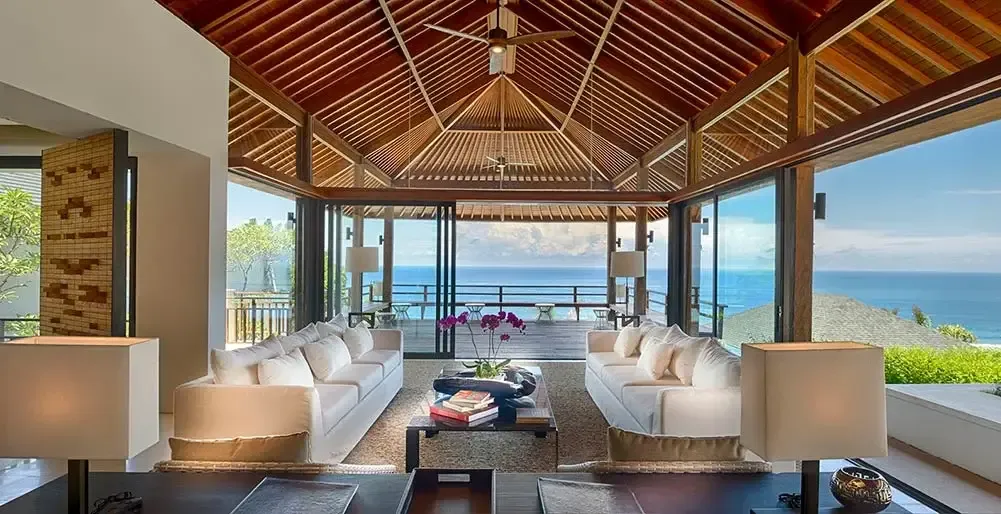
Even though leasehold doesn’t offer permanent ownership, many investors—especially foreigners—see it as a practical, legal, and flexible solution. Here are some reasons why leasehold might be a good option if you’re considering investing in Bali:
- A Legal Solution for Foreigners
As you probably know, foreign nationals are not allowed to own land in Indonesia under a freehold title. In this case, leasehold becomes a safe and legal alternative. Through this structure, you can still have the right to use the building, rent it out, or even sell the remaining lease period to someone else. Leasehold agreements also clearly outline the consequences of a breach, so both parties understand their obligations and the potential penalties if the contract is not fulfilled. - More Affordable Prices
Leasehold properties, including individual units such as apartments or villas, are generally more affordable than freehold ones. This makes it easier for you to enter Bali’s property market, even if your budget is limited. With lower upfront costs, you can also allocate more funds to renovations, interior design, or upgrades to increase rental value. - Ideal for Mid-Term Investment
If you’re planning to invest for the next 10 to 20 years, leasehold could be a perfect fit. For example, you might want to buy a villa or a unit to rent out to tourists for several years and sell the remaining lease period later when the property’s value increases. If you’re not planning to live in Bali permanently, leasehold can be a very practical option. Leasehold also offers flexibility, as you may have the option to break the lease early if your circumstances change, though this may involve certain procedures or penalties. - More Strategic Location Options
Hotspots like Seminyak, Canggu, Sanur, and Ubud mostly offer leasehold properties. Freehold land in these areas is becoming rare—and extremely expensive—so leasehold opens more doors for you to invest in prime locations.
Read more: Recommended Villa Design Services in Bali to Build Your Dream Home!
How the Leasehold Property Purchase Process Works in Bali
Buying a leasehold property in Bali isn’t complicated—as long as you understand each step and handle it carefully. This process involves legal, financial, and practical aspects that affect the strength of your ownership during the lease. Here’s a detailed breakdown of what to expect:
1. Finding the Right Property
Start by identifying a property that suits your needs and investment goals. Do you want a villa to rent out to tourists? A personal residence? Or a piece of land to develop?
- Work with a trusted local property agent who knows the Bali market.
- Use online listing platforms to compare prices, locations, and amenities.
- Ask friends or contacts who have invested in Bali for recommendations.
- The clearer your goal, the easier it is to find the right leasehold property.
2. Checking Legal Documents
Before moving to the negotiation stage, make sure the property’s legal status is clear. This is critical to avoid future issues. Here’s what to review:
- Land certificate: Ensure the land is legally owned by the person offering the lease.
- Lease agreement: Check how many years are left on the lease, and whether there’s an extension option.
- Legal burdens: Make sure the land isn’t involved in any disputes or used as collateral at a bank.
At this stage, it’s best to work with a notary or PPAT (land deed official) to verify all documents.
3. Negotiating with the Owner
Negotiation isn’t just about price. You’ll also need to discuss:
- The total lease price and payment terms
- The lease duration (commonly 25–30 years), and options to extend it
- The renewal terms: Are they clearly stated in the contract?
- What you’re allowed to do with the building—can you renovate, rebuild, or rent it out again?
The more detailed your discussions, the lower the chance of misunderstanding later on.
4. Signing the Leasehold Agreement
Once everything is agreed upon, a formal leasehold contract is prepared and signed in front of a notary or PPAT. This contract should include:
- Names and details of both the landowner and the lessee (you)
- Start and end dates of the lease
- Rights and responsibilities of each party
- Terms for extending the lease or transferring it to a third party
This is your main legal document—make sure it’s detailed, accurate, and properly notarized.
5. Payment and Property Handover
The final step is to make the payment as agreed and complete the handover process, which includes:
- Physical delivery of the property (villa, house, or land)
- Certified copies of all legal documents, including the lease agreement and land certificate
- Valid proof of payment
Keep all your documents well-organized—they’ll serve as your legal proof throughout the lease period.
Risks to Consider Before Buying Leasehold Property in Bali
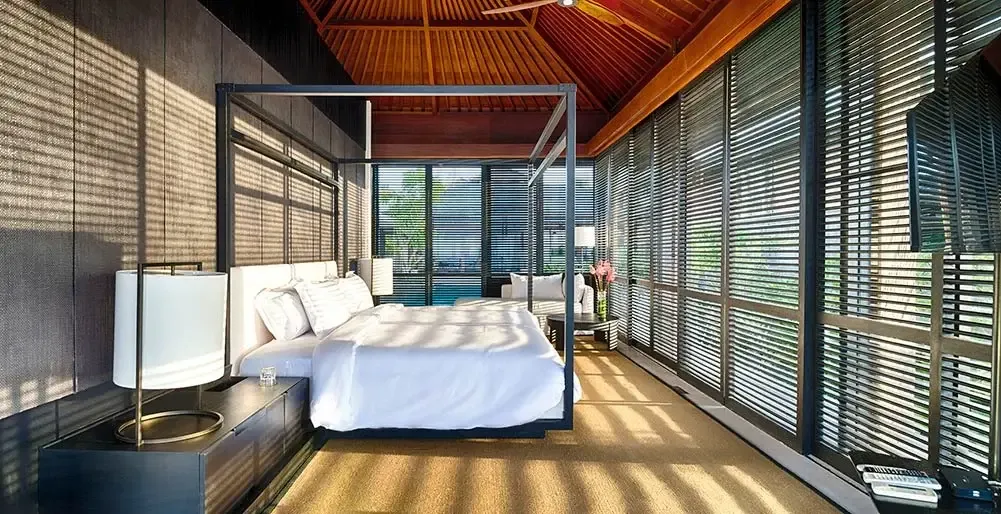
Leasehold offers several advantages, especially for foreign investors—but like any investment, it comes with risks. Make sure you’re aware of these before moving forward. Disadvantages of leasehold ownership include limited control, ongoing costs that can increase, and issues related to lease length affecting value and resale.
- Limited Timeframe
Leasehold has an expiration date, usually 25–30 years. The shorter the remaining lease, the lower the property’s resale value. For example, a villa with only 8 years left on the lease will sell for much less than one with 25 years remaining. Always check the lease length before buying. Extending a lease can often be a complex and expensive process. - Not All Leases Can Be Extended
Some leasehold contracts don’t clearly include an extension clause. This can be a major issue when the lease ends. Make sure the agreement spells out the right to renew—including any terms, costs, or conditions involved. - Landowner Might Change
The landowner might sell the land to someone else during your lease. If the agreement isn’t strong enough, you could face issues with the new owner. To protect yourself, ensure all terms are clearly stated in a notarial deed. - Changes in Land Laws
Indonesian land regulations can change, affecting lease durations and renewal rights. To stay protected, always consult a notary or legal advisor who’s experienced in Bali real estate.
Is Leasehold the Right Choice for Property Investment in Bali?
The answer depends on your investment goals and time horizon. Leasehold doesn’t offer permanent ownership, but it can be a smart and legal way for you to invest—especially if you’re a foreigner.
If you’re a foreign investor who wants to own property legally in Bali, leasehold is the most straightforward option. It’s also ideal if you’re planning to:
- Build a hospitality business like a villa rental or guesthouse
- Get a property in a strategic location at a more affordable price
- Focus on medium-term returns, such as a 10–20 year plan where you earn income from rentals
However, leasehold may not be the right choice if your goal is to pass on the property to your family or hold it forever. Because leasehold has a time limit, it doesn’t offer the same long-term security as freehold. For legacy planning, you might need to explore more complex legal structures like setting up a PT PMA (foreign-owned company).
In short, leasehold is a great option if you’re looking for a practical, legally secure, and ROI-driven investment. But if you want permanent ownership, it’s worth exploring other legal paths that offer full control over the land.
Read more: What is Freehold? What You Need to Know Before Investing in Property in Bali!
Plan Your Property Investment in Bali with Bali Premium Villa
Leasehold may not be full land ownership, but for many foreign investors, it’s the safest and most effective entry point into Bali’s property market. With a leasehold agreement, you have full rights to use the property for a specific period of time, run a hospitality business like a villa or guesthouse, and generate steady rental income. But to make the right move, you need to fully understand what you’re buying, be clear about your rights and responsibilities, and ensure that every part of the process follows local laws.
If you’re still feeling unsure—don’t worry. Many investors have faced the same situation: from choosing the right property, checking the legal status of land certificates, to dealing with complex notarial documents. That’s exactly where Bali Premium Villa comes in as your trusted partner. We don’t just offer advice—we support you through every step of the journey. From selecting properties that match your investment goals, conducting thorough legal checks, drafting official leasehold agreements with a certified notary/PPAT, to post-purchase support like property management, renovations, and rental strategies to keep your asset performing. With our experience in Bali’s property market and a strong network of legal and industry professionals, you can move forward with confidence—knowing that every detail is handled with transparency, security, and your best interest in mind.
Don’t let hesitation delay your goals. Contact Bali Premium Villa today and get full professional support from start to finish!
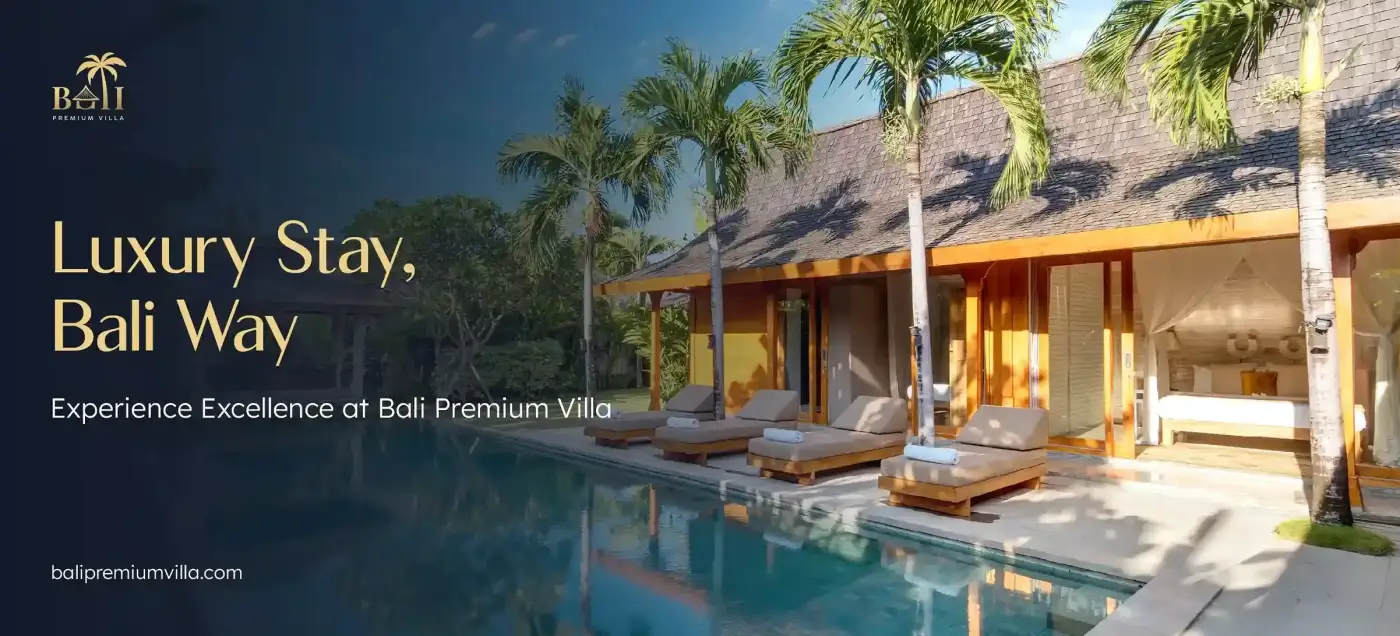
Related Article
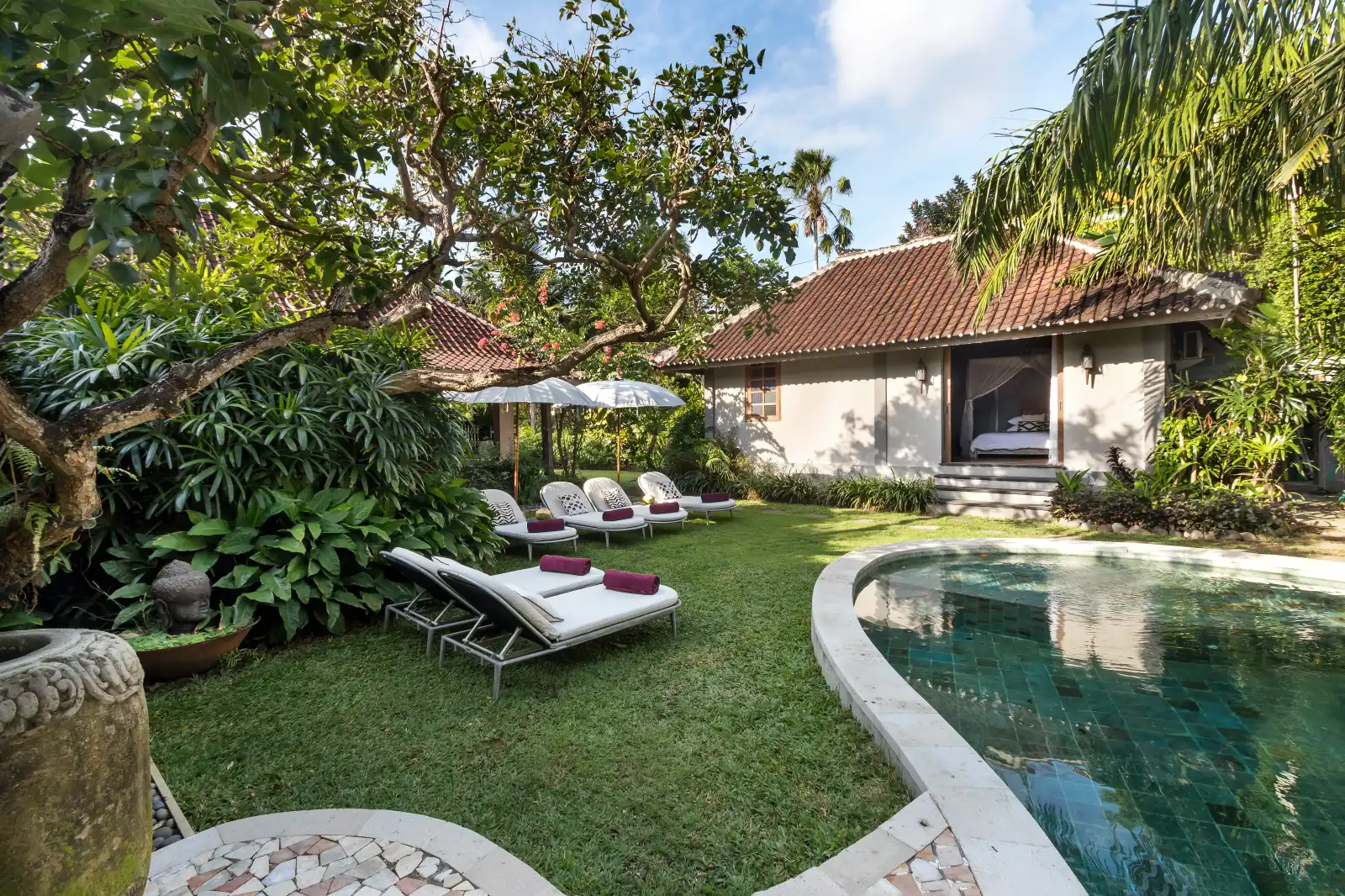
How to Choose Villa Maintenance Service in Bali? Check Here!
Have you made sure that your villa in Bali is...
Have you made sure that your villa in Bali is getting the right maintenance? How to choose villa maintenance service...
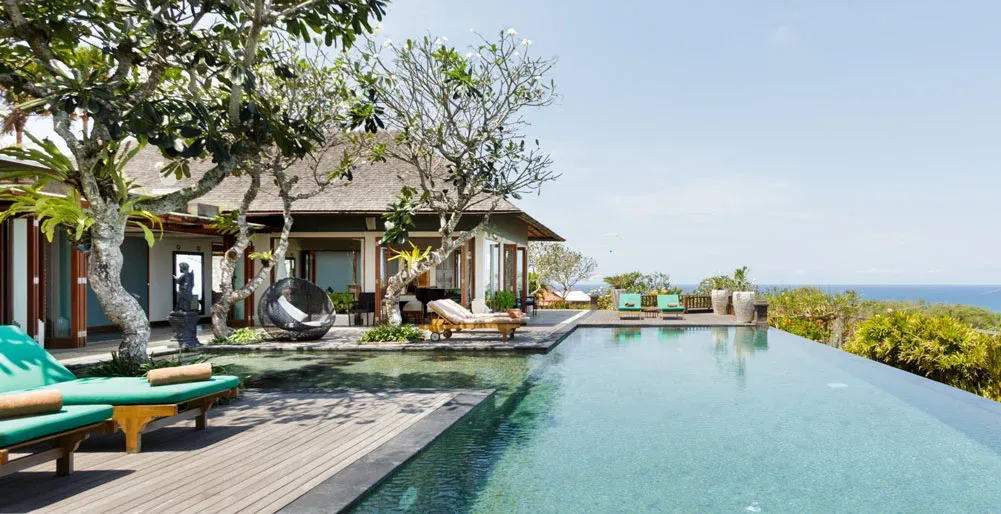
The Importance of Preventive Maintenance for Luxury Villas in Bali
Do you know that proper maintenance is key to preserving...
Do you know that proper maintenance is key to preserving the quality of your luxury villa in Bali over the...
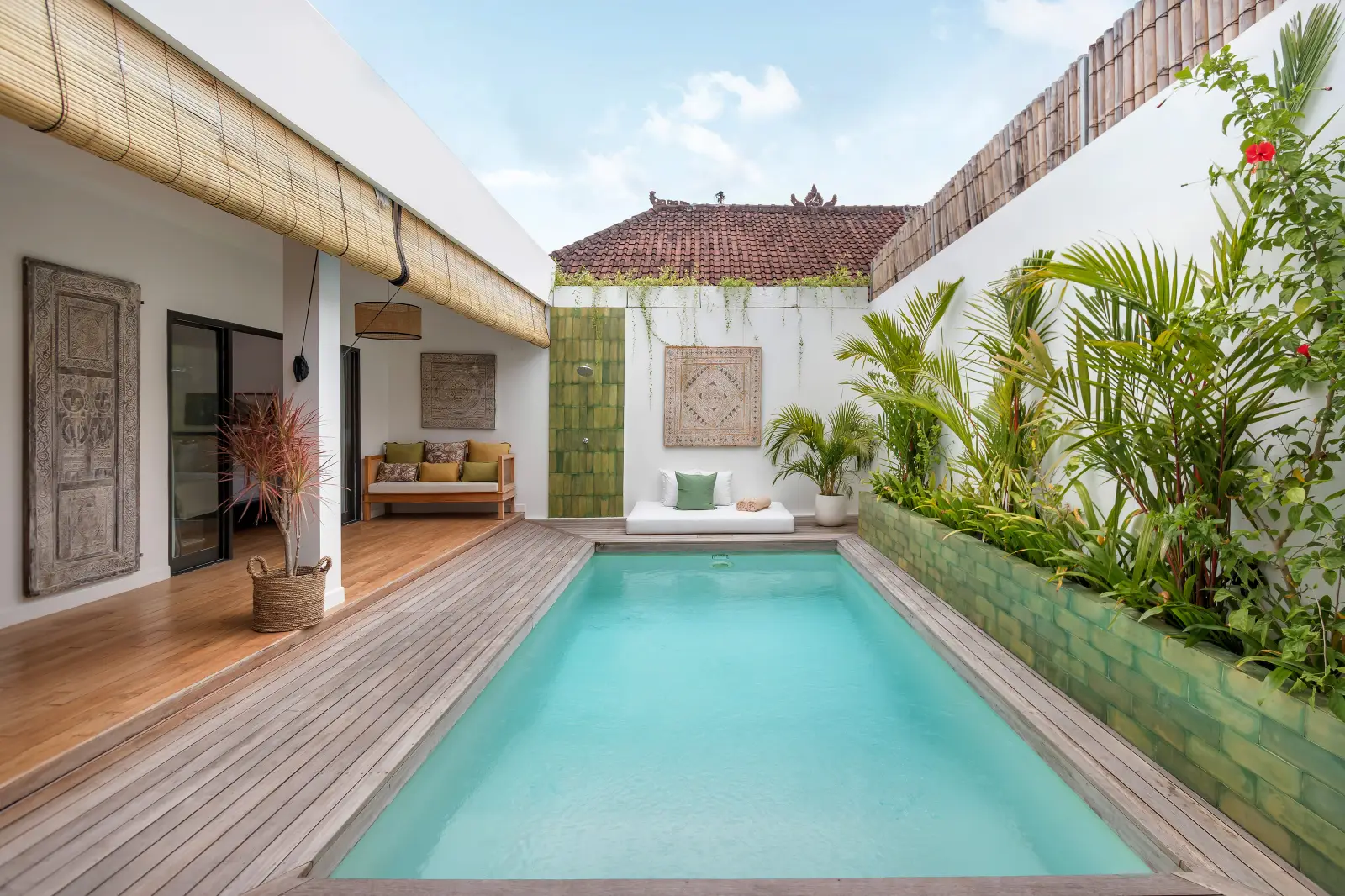
7 Interior Elements That Must Be Present in a Luxury Villa in Bali
Have you ever wondered what makes a luxury villa in...
Have you ever wondered what makes a luxury villa in Bali truly stand out in this competitive property market? Interior...
